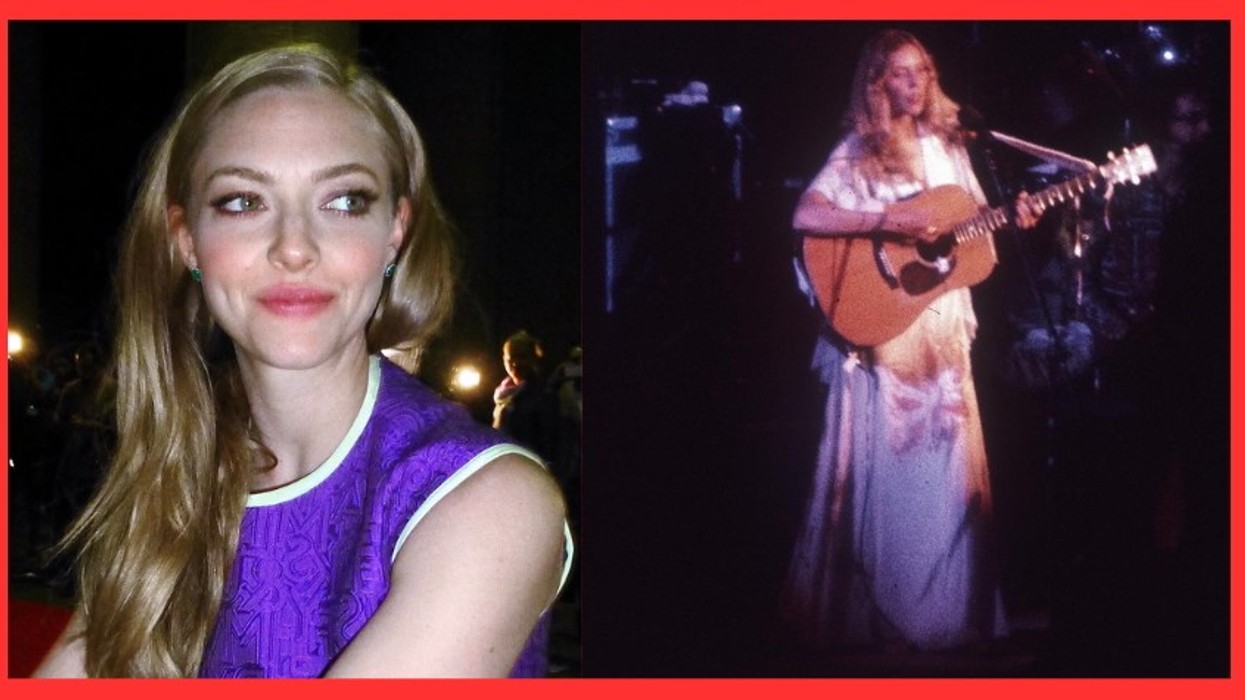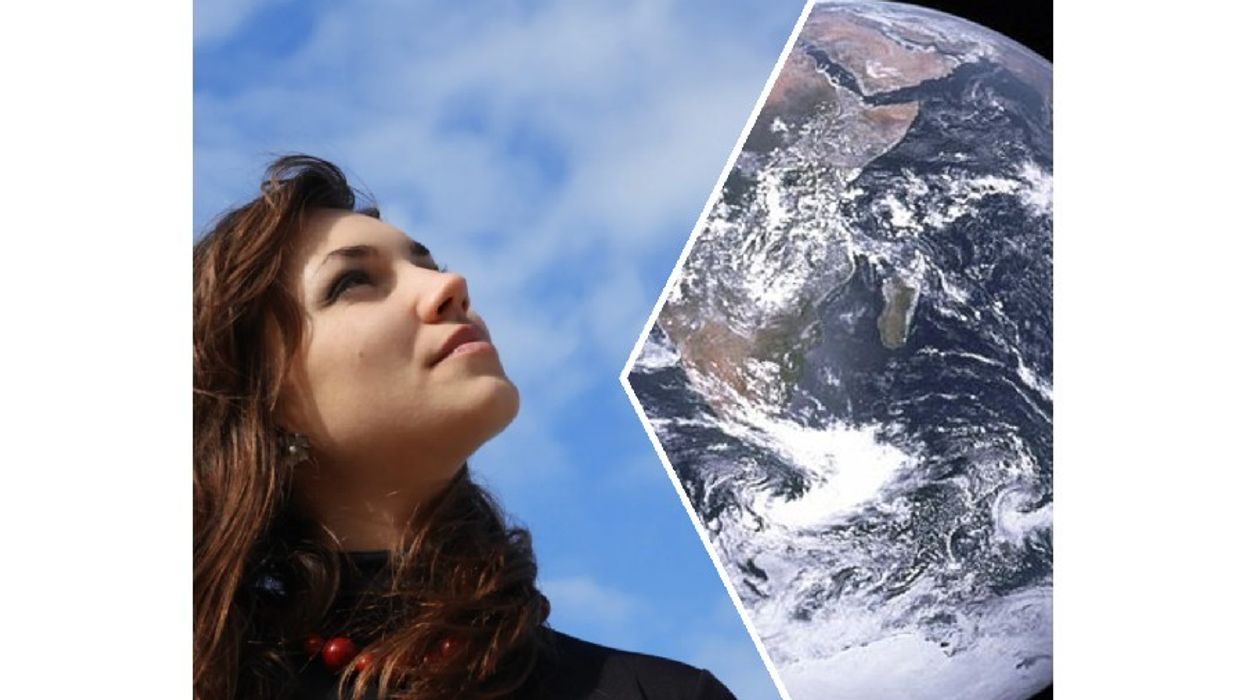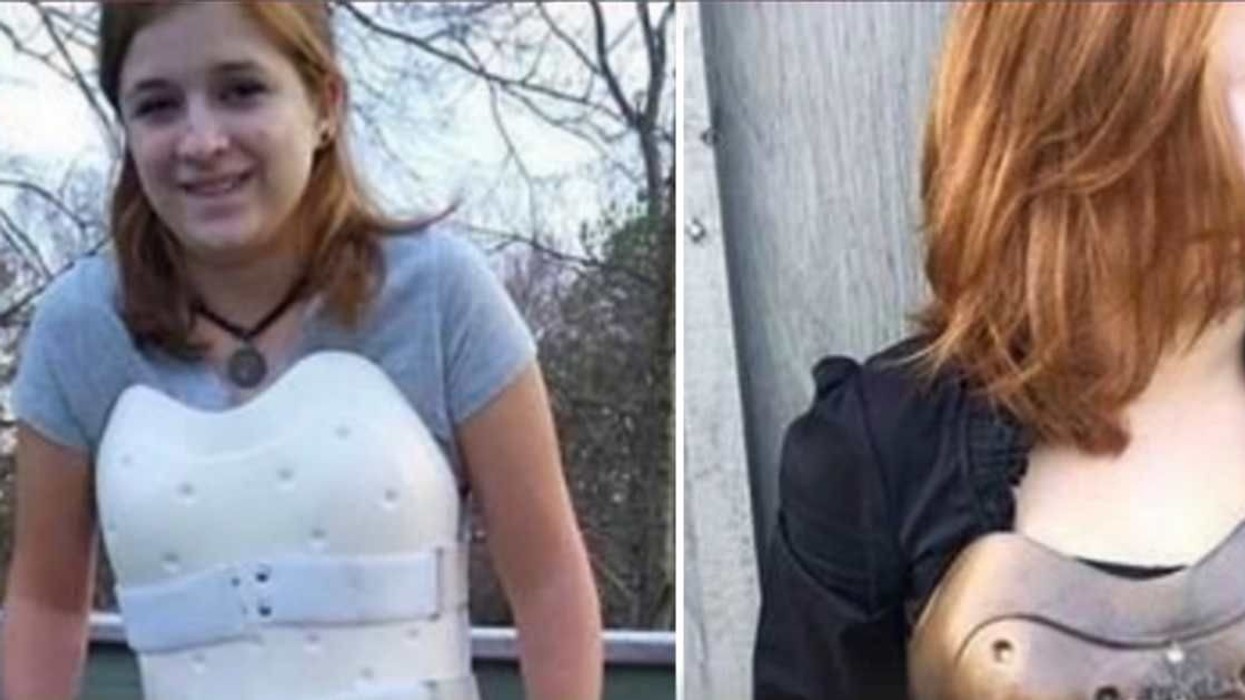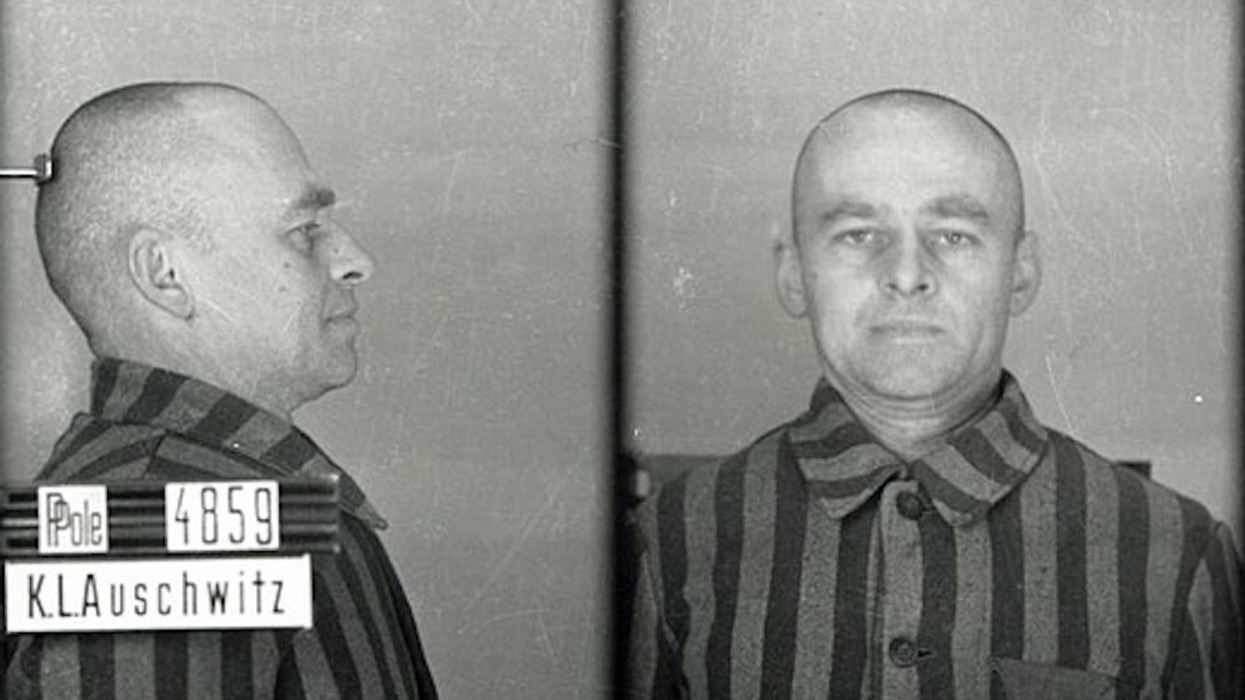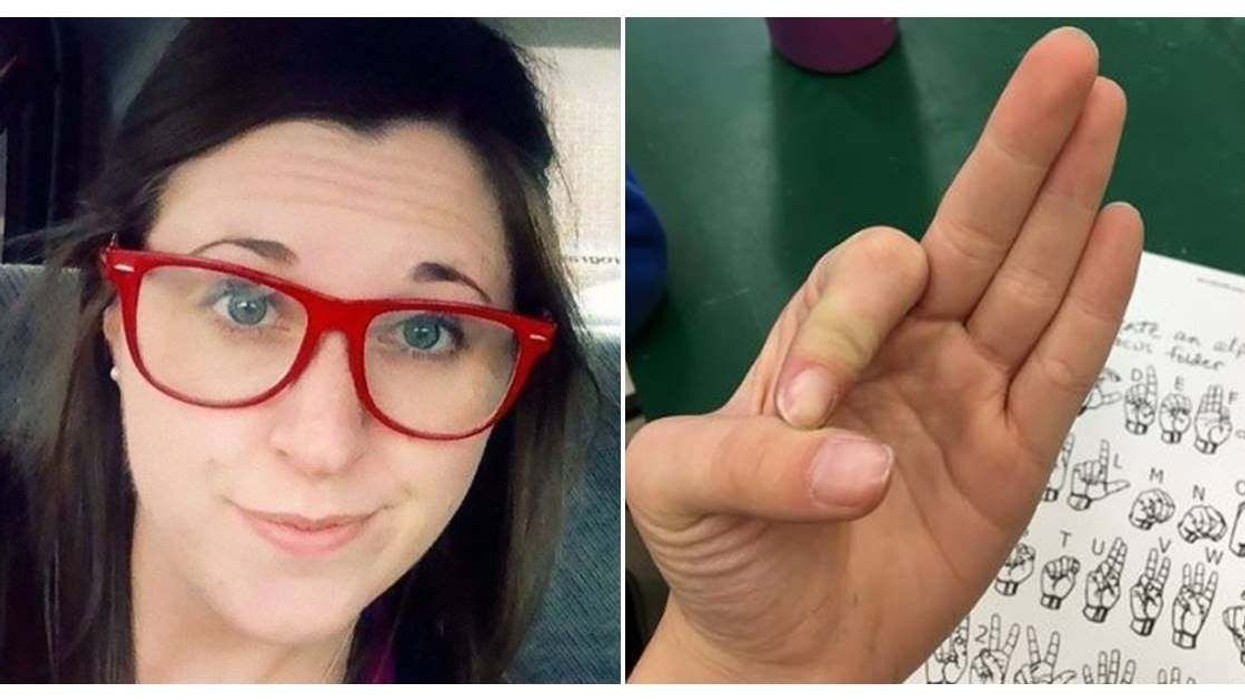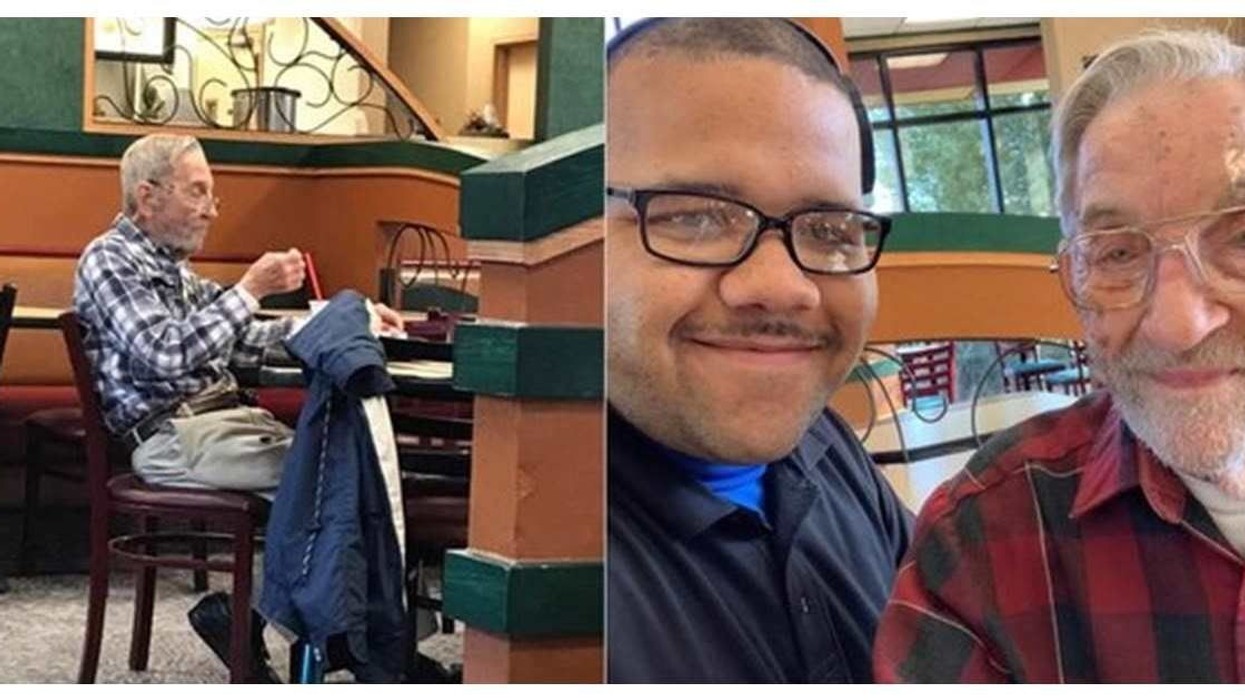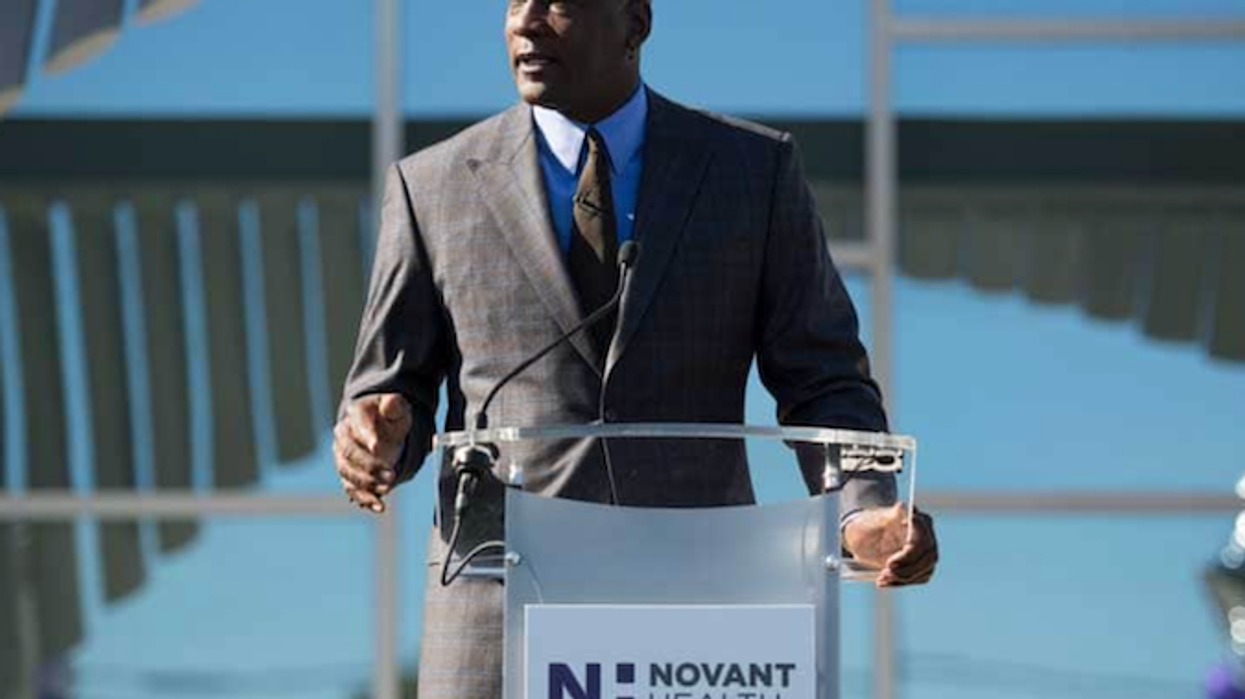Birdbath bakery is managing to be good to the environment and the bottom line. It doesn't hurt that its food is also delicious.For nearly two decades, Maury Rubin's City Bakery has been "quietly green," building a loyal New York City following on the back of its surprisingly delicious pretzel croissants and legendary hot chocolate rather than its sustainable business practices. Then, in December of 2005, Rubin opened a brand new bakery that proudly broadcast environmental friendliness in its name: Birdbath Neighborhood Green Bakery. Why?"The more I think about it, the more I think George W. Bush should get the credit," says Rubin, whose tongue is more or less permanently in cheek. "I'm a soy bean-eating, recycling-devoted, vintage clothes-wearing, used Volvo-driving, low-carbon-footprint person in the first place. Sometime during the Bush years, that administration's intense assault on the environment left me feeling that as a business owner with a large and loyal customer base, I had a responsibility to begin talking about the environment."When the first branch of Birdbath opened in the East Village, it took pastry-loving New Yorkers a few months to work out that its killer chocolate chip cookies and moreish miso muffins were suspiciously similar to City Bakery's offerings. Birdbath's staff were cagey about the connection, responding to inquiries with a disingenuous "City who?" This was a deliberate strategy, explains Rubin: "I wanted to be sure that customers were processing the environmental angle, and I knew if it was just a new outlet for their City Bakery favorites, that wouldn't happen."Although both City Bakery and Birdbath use organic, local, and seasonal ingredients, the latter is a space in which Rubin can communicate something about the architecture and infrastructure that surrounds food. As Rubin put it, "It just makes sense to me that for all of the increased awareness and concern about food-where food comes from and how it's produced-people should be equally concerned about the environment where that food is prepared and eaten."
Birdbath is more than a green bakery, in other words. It is a testing ground and showcase for green building technologies, transportation alternatives, and environmentally-friendly cooking, cleaning, packaging, and waste-treatment practices. Bottled water is banned, deliveries are made by bicycle-powered rickshaw, electricity is 100 percent wind-generated, and the paper bags have no petroleum-based wax lining.Perhaps most importantly, Birdbath is a profitable business rather than a loss-making environmental playground. By the end of the year, Rubin will have opened a third branch in a former bakery in SoHo. The fourth Birdbath is scheduled to open in West Hollywood in early 2010-it will be offering discounts for customers who arrive in a hybrid car.Of course, many of the most innovative green businesses have made serious compromises on their path to becoming national chains. Rubin seems to be aware of that danger, and accompanied a quick outline of his expansion plans with an important question: "How many Birdbaths can we develop in how many places while keeping our unique supply chain, quality, and values in place?"In the United States, one-third of all our carbon emissions come from the food industry. Food is woven through almost every aspect of our lives, from the shape of cities to the health of the planet, which is why reforming our food system is both an intimidating challenge and an inspiring opportunity. With a Birdbath cookie in hand, I'm more inclined to see it as the latter.Guest blogger Nicola Twilley is a freelance writer and the author of Edible Geography, a blog about food, landscape, and culture. All photos by the author.
Birdbath is more than a green bakery, in other words. It is a testing ground and showcase for green building technologies, transportation alternatives, and environmentally-friendly cooking, cleaning, packaging, and waste-treatment practices. Bottled water is banned, deliveries are made by bicycle-powered rickshaw, electricity is 100 percent wind-generated, and the paper bags have no petroleum-based wax lining.Perhaps most importantly, Birdbath is a profitable business rather than a loss-making environmental playground. By the end of the year, Rubin will have opened a third branch in a former bakery in SoHo. The fourth Birdbath is scheduled to open in West Hollywood in early 2010-it will be offering discounts for customers who arrive in a hybrid car.Of course, many of the most innovative green businesses have made serious compromises on their path to becoming national chains. Rubin seems to be aware of that danger, and accompanied a quick outline of his expansion plans with an important question: "How many Birdbaths can we develop in how many places while keeping our unique supply chain, quality, and values in place?"In the United States, one-third of all our carbon emissions come from the food industry. Food is woven through almost every aspect of our lives, from the shape of cities to the health of the planet, which is why reforming our food system is both an intimidating challenge and an inspiring opportunity. With a Birdbath cookie in hand, I'm more inclined to see it as the latter.Guest blogger Nicola Twilley is a freelance writer and the author of Edible Geography, a blog about food, landscape, and culture. All photos by the author.
